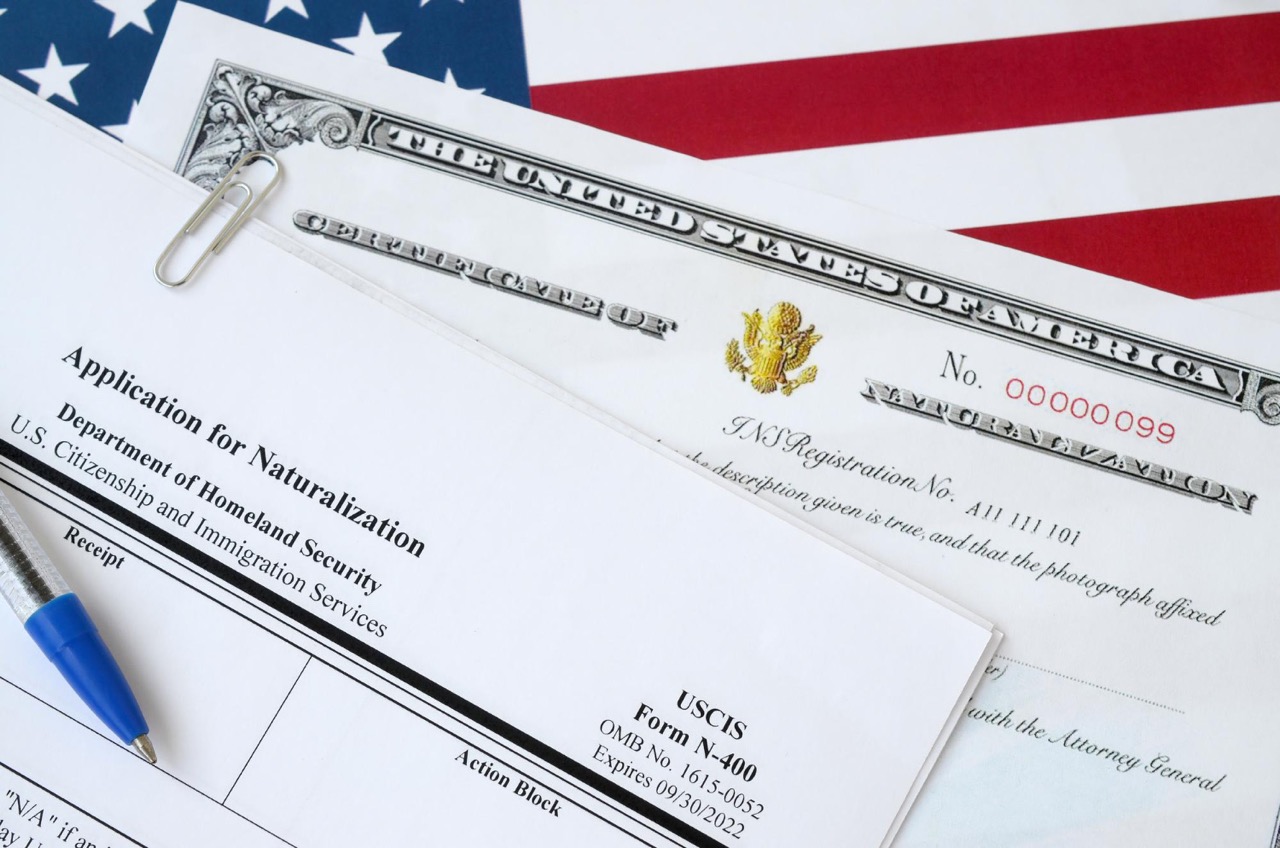For parents of U.S. citizens who are 21 years old or older, obtaining a Green Card (also known as a lawful permanent resident card) can be a smoother and faster process as they are considered immediate family members. This classification exempts them from the priority waitlist, enabling the U.S. citizen child to file for their parent’s Green Card immediately. This article will provide a comprehensive guide on the steps and requirements involved in obtaining a Green Card for parents of U.S. citizens, as well as the various scenarios that may arise.

To begin the process, the parent-child relationship must be established by the laws of the country of origin prior to filing an application. This is applicable whether the application is filed domestically or at a U.S. Consulate abroad. The relationship must be established legally and documented, which may include birth certificates, adoption papers, or marriage certificates as evidence.
If the parent entered the U.S. legally (i.e., with a valid visa), the U.S. citizen child can file for an adjustment of status on their parent’s behalf, regardless of any visa overstay issues or instances of unauthorized work. While the adjustment of status application is pending, the parent may be eligible for a work permit and, in some cases, a travel document known as advance parole.
It is important to note that obtaining advance parole does not guarantee re-entry into the United States, and there may be additional scrutiny upon return. Parents should consult with an immigration lawyer before deciding to travel outside the U.S. with advance parole.

In cases where a U.S. citizen is filing for a Green Card for their step-parent, they can do so as long as the step-parent relationship was established before the child turned 18 years old. This relationship must also be legally established and documented. Step-parents must demonstrate that the marriage to the child’s biological parent is bona fide and not entered into solely for immigration purposes.
If a parent entered the U.S. unlawfully, they cannot apply for an adjustment of status while in the country. In this case, they must apply for a Green Card at a U.S. Consulate overseas through consular processing. However, children cannot serve as qualifying relatives for a waiver application (Form I-601, Application for Waiver of Grounds of Inadmissibility); only spouses or parents can form the basis for such an application.
If a parent has been unlawfully present in the U.S. for more than 180 days but less than one year, they may be subject to a three-year bar from re-entering the country. If the unlawful presence is for one year or more, the parent may face a ten-year bar. Waivers may be available for certain individuals, but eligibility requirements are stringent.
In the Green Card application process for parents, dependent children of the U.S. citizen child do not qualify as immediate relatives. If a U.S. citizen child files a petition for their parent and no other children are included in the petition, they may later apply for a sibling petition (Form I-130). However, this process can take years to complete due to the limited number of available visas for this category.
Once the parent becomes a permanent resident, they can immediately file a petition for their child (Form I-130) if the child is unmarried and under 21 years old. This process is typically faster than the sibling petition process, as it falls under the immediate relative category.

To initiate the Green Card application process for a parent, the U.S. citizen child must file Form I-130, Petition for Alien Relative, with the United States Citizenship and Immigration Services (USCIS). The following supporting documents must be submitted alongside the I-130 form:
If the parent is eligible for an adjustment of status, they must also file Form I-485, Application to Register Permanent Residence or Adjust Status, along with the required supporting documents and fees. These may include:
Parents applying through consular processing must submit additional documents, including:
Upon approval of the I-130 petition and either the I-485 application or consular processing, the parent will be granted lawful permanent resident status and receive a Green Card. This status allows the parent to live and work in the United States indefinitely, provided they maintain their residence and abide by U.S. laws.
Once a parent is a Green Card holder, it is essential to maintain lawful permanent resident status. This can be done by:
After five years of continuous residence as a lawful permanent resident, a parent may be eligible to apply for U.S. citizenship through naturalization (Form N-400). This process involves additional requirements, including demonstrating good moral character, basic knowledge of U.S. history and government, and English language proficiency.
Applying for a Green Card for parents of U.S. citizens is a relatively straightforward process, particularly if the parent entered the U.S. legally and the parent-child relationship was established legally in the country of origin. However, it is essential to understand the specific requirements, timelines, and potential challenges associated with the process to ensure a smooth application experience.
As immigration laws and regulations can be complex, seeking the assistance of an experienced immigration lawyer, such as those at Oltarsh & Associates, P.C., can be helpful in navigating the process and addressing any potential issues that may arise. With the guidance of the legal team at Oltarsh & Associates, P.C., proper planning, and understanding of the process, parents of U.S. citizens can successfully obtain a Green Card and enjoy the benefits of permanent residence in the United States.
